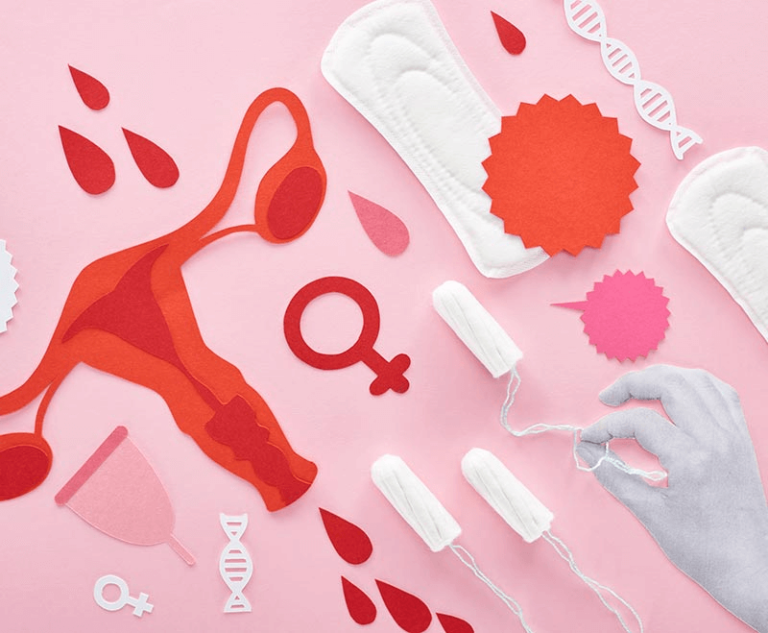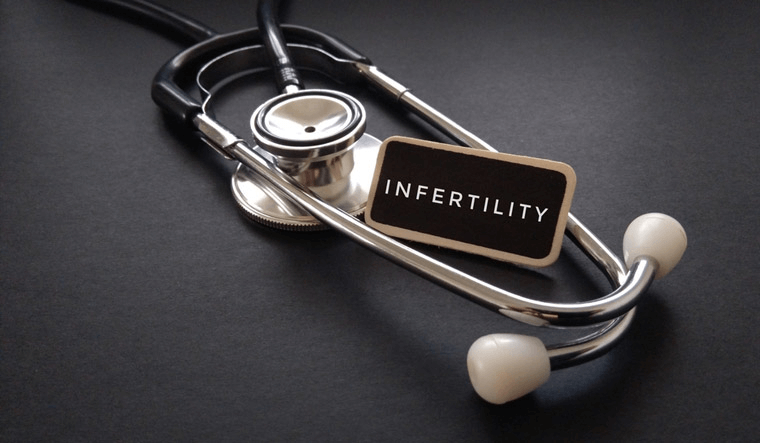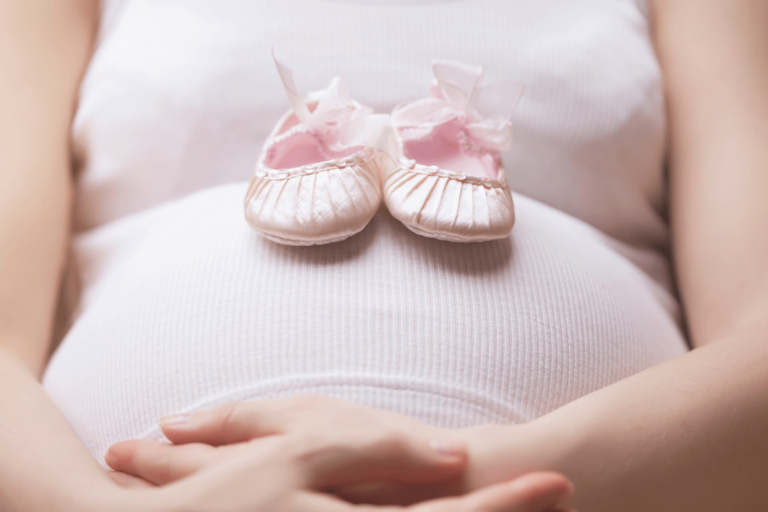Pregnancy Cravings: What’s Normal?

Pregnancy cravings are one of the most common experiences for expecting mothers. Whether it’s pickles and ice cream or unusual food combinations, cravings can feel unpredictable and intense. Understanding what causes these cravings, what’s considered normal, and how to manage them can help you maintain a healthy diet during pregnancy.
In this article, we’ll explore what pregnancy cravings are, why they occur, and how to balance satisfying them with healthy eating habits. We’ll also provide helpful links to guide you through related pregnancy challenges, like food aversions and tips for surviving the first trimester.
What Are Pregnancy Cravings?
Pregnancy cravings refer to the sudden and strong desire for specific foods. These cravings can range from sweet to salty, savory to sour, and even unusual combinations that you might never have enjoyed before pregnancy. While cravings are completely normal, they can sometimes be intense and hard to resist.
Common Pregnancy Cravings
Cravings during pregnancy vary from person to person, but there are a few common categories that many women report:
- Sweet foods: Chocolate, candy, and other sugary treats
- Salty snacks: Potato chips, pretzels, and fries
- Carbohydrates: Bread, pasta, and other starchy foods
- Sour or tangy foods: Pickles, citrus fruits, or vinegar-based foods
- Dairy: Ice cream, cheese, or milk
These cravings can change throughout your pregnancy and may be linked to changes in your hormones, which can alter your sense of taste and smell.
Why Do Pregnancy Cravings Happen?
While there’s no definitive scientific explanation for pregnancy cravings, there are several factors that likely contribute:
1. Hormonal Changes
The surge in pregnancy hormones, particularly human chorionic gonadotropin (hCG) and progesterone, can affect your senses of taste and smell. This may lead to heightened sensitivity to certain flavors or smells, making some foods more appealing than they were before. For more insight into how hormones impact appetite during pregnancy, check out this article on food aversions and why your appetite changes during pregnancy.
2. Nutrient Deficiencies
Sometimes, cravings can be your body’s way of signaling a need for certain nutrients. For example, if you’re craving red meat, your body might be seeking more iron. However, not all cravings are tied to nutritional needs. Craving sweets or junk food doesn’t necessarily mean your body needs more sugar or fat—these may simply be comfort foods that your body desires during this time.
3. Emotional Factors
Pregnancy is a time of heightened emotions, and food cravings can sometimes be linked to feelings of stress, anxiety, or even boredom. Comfort foods that you associate with positive emotions may become cravings as your body seeks emotional satisfaction.
4. Cultural and Social Influences
The foods you crave can also be influenced by your cultural background, dietary habits, and social environment. You might be more likely to crave foods that are familiar or comforting based on your upbringing or the foods you’ve enjoyed throughout your life.
Managing Pregnancy Cravings
Cravings are a normal part of pregnancy, but it’s essential to manage them to ensure that you’re maintaining a balanced diet for both you and your baby. Here are some tips to help you handle cravings while sticking to healthy eating habits:
1. Satisfy Cravings in Moderation
It’s perfectly fine to indulge in your cravings occasionally, as long as it doesn’t become a regular habit. For example, if you’re craving something sweet, opt for a small piece of dark chocolate instead of a large serving of sugary candy. This way, you can satisfy your craving without overindulging.
2. Find Healthy Alternatives
When cravings strike, try finding healthier alternatives to the foods you’re craving. If you’re craving something salty, opt for air-popped popcorn instead of potato chips. If sweets are your weakness, try fresh fruit, yogurt with honey, or a fruit smoothie.
3. Stay Hydrated
Sometimes, cravings can be confused with thirst. Make sure you’re drinking enough water throughout the day to stay hydrated, which can help curb cravings. If plain water isn’t appealing, you can try adding a slice of lemon or cucumber for extra flavor.
4. Plan Your Meals
Having regular, balanced meals can help keep cravings at bay. When you’re hungry, you’re more likely to give in to unhealthy cravings. Ensure you’re eating enough protein, healthy fats, and fiber-rich foods to keep you feeling full and satisfied throughout the day.
For more advice on maintaining a healthy routine during early pregnancy, explore this guide on first trimester survival tips.
When Should You Be Concerned About Cravings?
While most pregnancy cravings are harmless, there are certain instances when you should be cautious:
1. Pica: Cravings for Non-Food Items
Pica is a condition where you crave non-food substances such as dirt, clay, chalk, or soap. These cravings can be dangerous and should be discussed with your healthcare provider immediately. Pica may be related to nutrient deficiencies, such as a lack of iron or zinc, and addressing the deficiency can help curb these cravings.
2. Excessive Junk Food Cravings
While indulging in occasional junk food cravings is fine, consistently craving and consuming high-fat, high-sugar, or highly processed foods can negatively impact both your health and your baby’s development. If you find it difficult to control unhealthy cravings, speak with a nutritionist or healthcare provider for guidance.
3. Cravings Linked to Unhealthy Weight Gain
It’s normal to gain weight during pregnancy, but excessive weight gain due to poor dietary choices can lead to complications such as gestational diabetes or high blood pressure. If you’re concerned about your weight or your cravings, your doctor can help you develop a healthy eating plan.
Conclusion: Embracing Pregnancy Cravings
Pregnancy cravings are a common experience and, in most cases, are nothing to worry about. As long as you indulge in moderation and focus on maintaining a nutritious diet, you can enjoy satisfying your cravings while ensuring that both you and your baby are getting the nutrients you need.
If you find that your cravings or aversions are interfering with your ability to eat a balanced diet, remember that it’s always best to consult your healthcare provider. Your body is going through significant changes during pregnancy, and it’s essential to listen to its signals while staying mindful of your overall health.
For more detailed advice on managing food aversions, take a look at our article on why appetite changes during pregnancy, and don’t forget to check out our comprehensive first trimester survival guide to help navigate those early months with ease.






